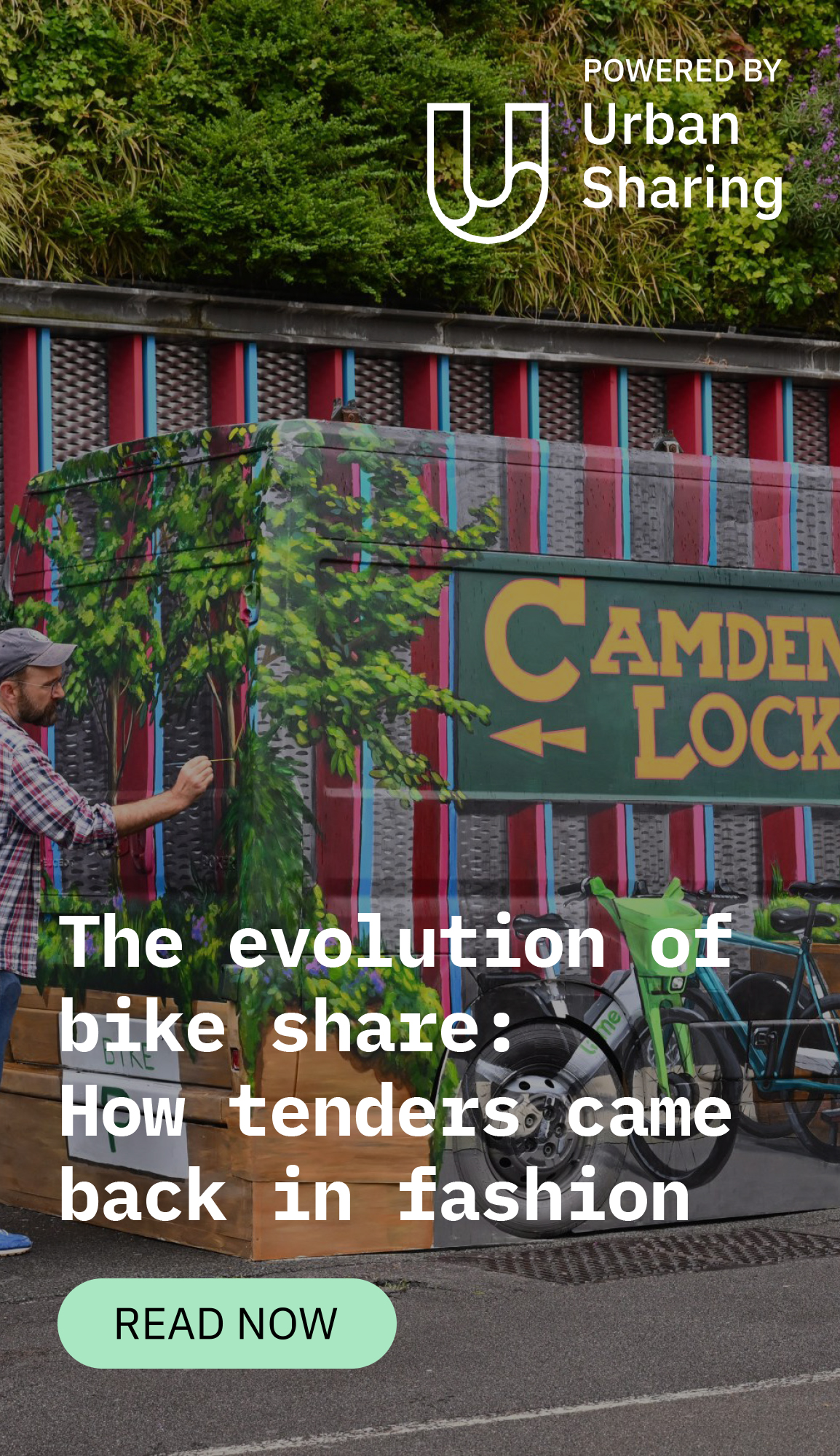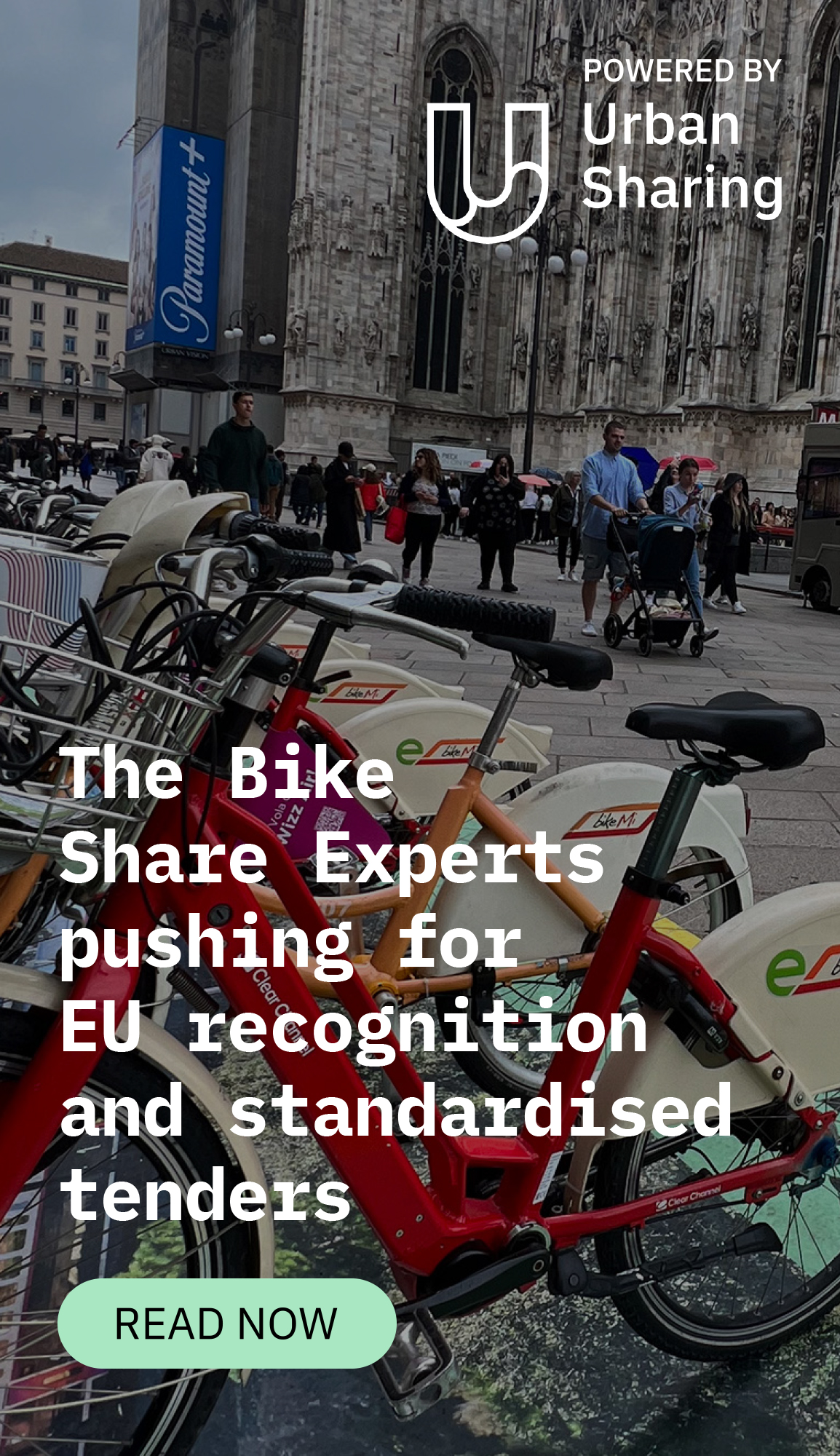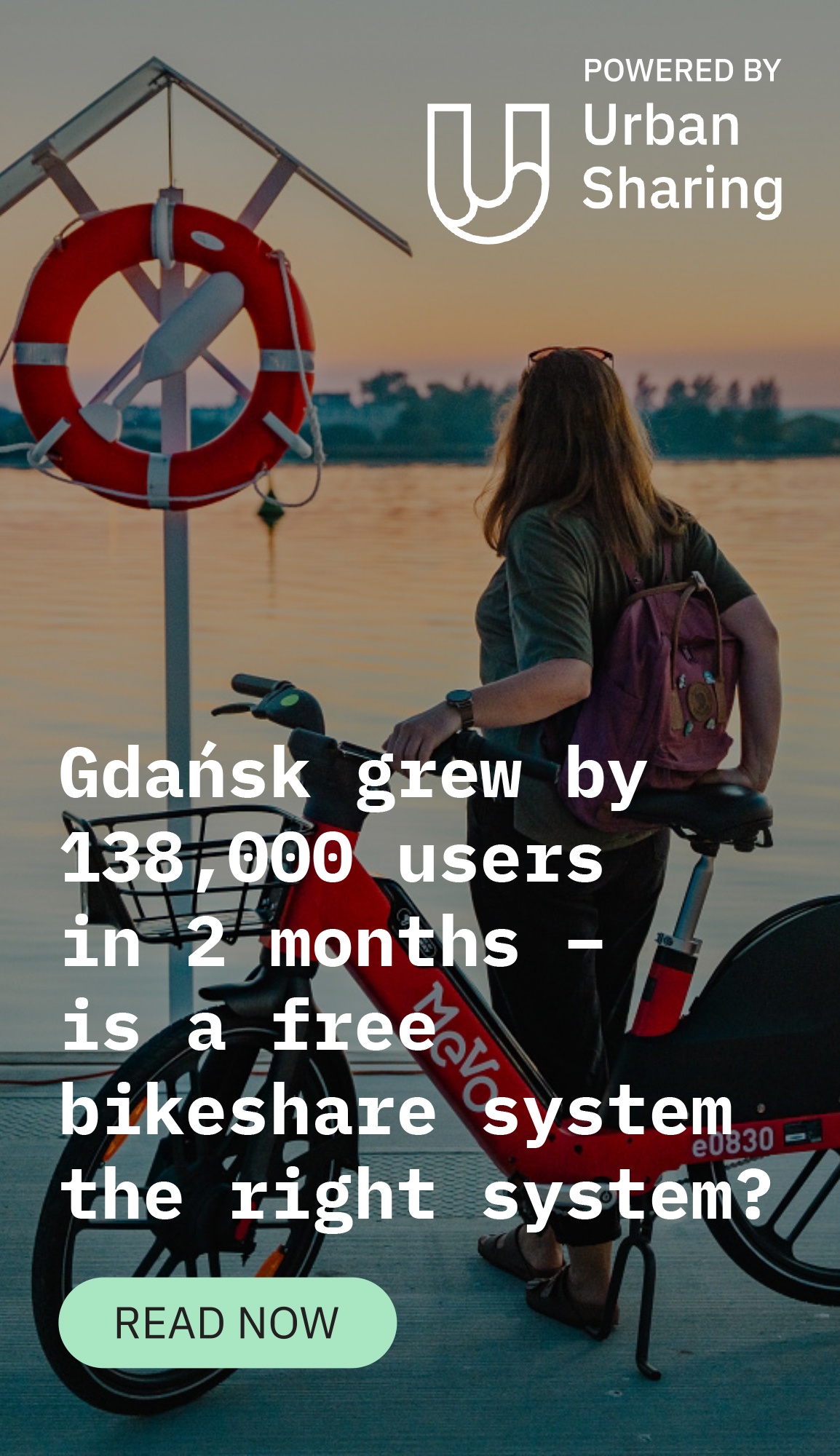Author: Sophie Noakes, ESG and Sustainability Lead, Beryl
Today we published our inaugural 2023 Impact Report exploring the initiatives, innovations and commitments that define our mission to transform the way people move around cities.
As a B Corp shared transport provider that’s entire ethos and long-term strategy is underpinned by sustainability and carbon reduction, it’s important to practise what you preach.
Our report not only demonstrates our steadfast commitment to looking after the planet, it also promotes transparency and accountability – vital for anyone wishing to influence mass behavioural change.
Actions speak louder than words
We’re the biggest UK provider of shared bike, e-bike, e-scooter and e-cargo bike schemes and work with some of the country’s most well-known authorities to decarbonise their urban transport networks.
Our work has seen us generate millions of journeys and save hundreds of tonnes of carbon dioxide since we launched our very first scheme back in 2019. This has had a significant impact on cutting traffic congestion, improving air quality and boosting mental and physical health across the country.
But we also operate as sustainably as possible too.
We are unique in our industry in that we design, build and fix our own products here in the UK. This has many sustainability benefits, such as giving us autonomy over the quality of our products so we can provide a good user experience and encourage more take-up and greater modal shift. It means we can design our products to last and repair and reuse parts where possible, minimising environmental impact. What is more, we aren’t reliant on mass importation of overseas products, which has hugely reduced our carbon footprint.
By carrying out life cycle assessments on our vehicles we can better monitor, and therefore work to reduce the impact of our business on the planet. And by gaining visibility of the highest-emitting stages in the product life cycles, as well as the highest-emitting vehicle parts, we can prioritise where we need to reduce our emissions the most.
Beyond carbon reduction
It’s true that we work tirelessly to both practice and influence carbon reducing behaviour, but our impact goes way beyond that. People and places matter to us.
We work hard as a company to promote gender equality and diversity. We currently have a 33/67 split of women vs men working in senior management and leadership roles, while 25% of female Beryl employees are involved in company-wide decision making. Our gender pay gap is also positive towards women by 20%.
We believe in our own staff and work hard to encourage people to fulfil their potential. We have had 31.5% of employees progress into a new role at Beryl over the past year, while every employee is given a £500 annual training budget to help boost their skills, knowledge and experience.
We also partner with councils and employment agencies to offer job coaching and experience to young people (19-25) with additional learning needs. We create opportunities for people from a wide range of backgrounds, recently employing two Junior Full Stack Engineers via the Academy programme. As well as these specific employment schemes, we also work hard to up-skill existing staff by providing access to both on-the-job and external training opportunities.
Local economies are utilised and we subcontract work such as battery swapping or on-street services to nearby companies. In the past year, 20-39% of our expenses (excluding labour) were spent on independent suppliers local to the company’s headquarters or relevant facilities.
Can we back it up
Our Impact Report is clear about our commitment to people, places and the environment, but don’t just take our word for it. We’ve achieved numerous external accreditations from leading accreditors.
In June 2023, we achieved the ISO 14001 environmental management standard, an internationally agreed and recognised standard for Environmental Management Systems (EMS), used by organisations to help identify, manage, monitor and control environmental processes.
In October 2022, our near term sustainability targets were validated by the Science Based Targets initiative (SBTi) – the recognised global network for ambitious corporate climate action and leading the transition to a net-zero economy.
In 2022, we were also recertified as a B Corp certified company for another three years. Having scored 83 during our first assessment in 2018, we managed to score 89 during reassessment. This improvement demonstrates how the company continually strives to meet exceptional standards of social and environmental performance, accountability and transparency.
Why does it matter
By encouraging more people to adopt sustainable travel habits, we’re helping to decarbonise transport systems in some of the UK’s largest authority areas.
But it’s just as essential that we ensure our own house is in order, which is why I’m so proud of how hard we work, as a company, to minimise the impact of our operations on the environment.
All of this, of course, contributes towards helping the UK government meet the ambitious emissions targets outlined in the Net Zero Strategy: Build Back Greener document.
But sustainability goes beyond environmental impact and I’m equally proud of the work done to improve people’s lives. Not just our own staff, but the thousands of people we’ve helped across our scheme areas, whether that be through community partnerships, skills development or employment schemes.
We know we’re making a difference.











